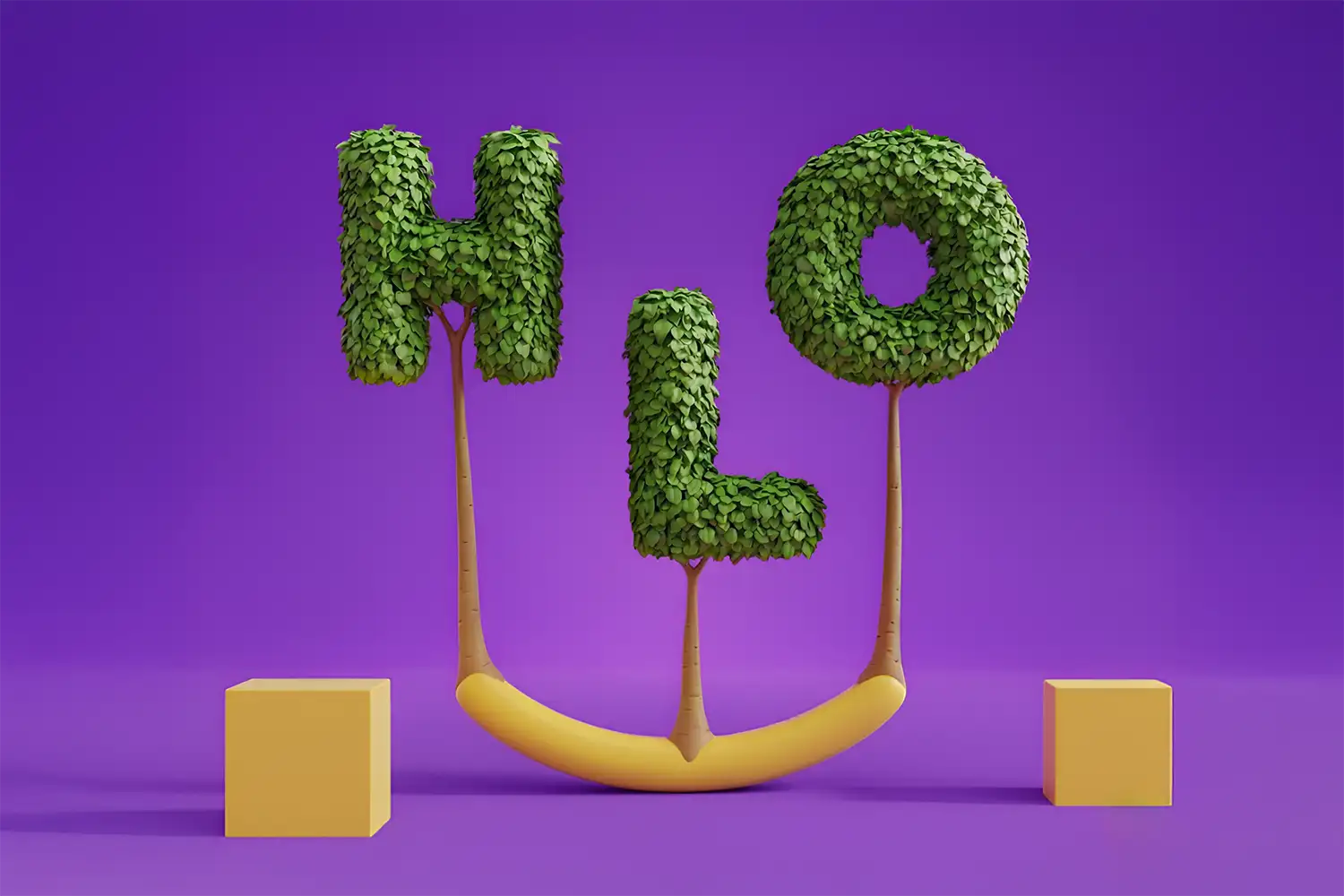Oat milk is probably the last thing you'd associate with rebellion. Right? That is, until eight or nine years ago...
Oatly's oat milk is not only better for the environment, but also for people and animals. The brand makes a case for that on packaging, buildings, and billboards alike.
The Everyman, the Innocent, the Caregiver — those are archetypes that would naturally fit the product. But they don't match Oatly's brand essence. As a niche player whose media budget was just 2% of that of major competitors, Oatly had to find a way to get its message across.
Oatly's specific mission and vision are reflected in everything the brand does — which is always a tad rebellious. The brand turns against the status quo, opting for a unique positioning. To strip oat milk from the ecological ‘tree hugger’ landscape, it needed some rebellion! As a brand, Oatly rose to a new level because of this rebellious personality: it went from just another oat milk carton on the (then) small organic grocery store shelf to an absolute trendsetter. With rebellious statements such as “Wow. No cow!” and “It's like milk, but made for humans,” Oatly caused disruption and angry voices in the milk industry (rebellion at its finest!). The rebellious character is also reflected in its campaigns, which helped the brand gain a prominent spot on the shelves and in coffeehouses in a short time.
Other oat milk brands have noticed Oatly's success and want to ride on its success by aligning their design with Oatly's rebellious look. But if it doesn't clearly fit your brand essence and positioning, it'll miss the mark. No matter how great you look, you'll pale in comparison to the amazing brand you admire and try to imitate. Ultimately, you shouldn't just look like your archetype; you should act like it and implement it 360º. Otherwise, consumers will see right through it and only consider you a wannabe.


























